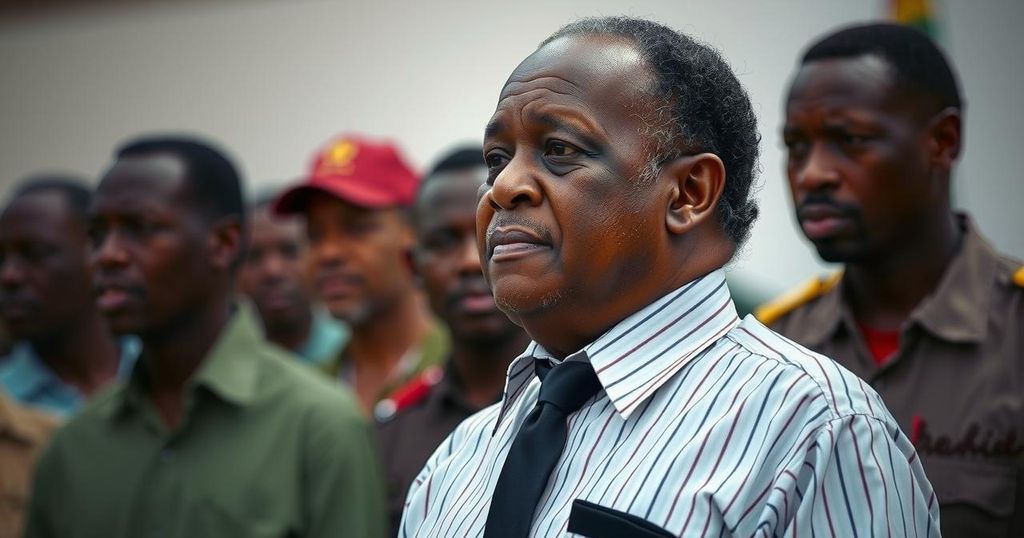Mozambique’s President-elect Confronts Post-Election Turbulence and Challenges Ahead

Mozambique’s President-elect Daniel Chapo faces significant hurdles in resolving the post-election crisis marked by unrest and allegations of electoral fraud. With opposition protests escalating, his plans for reconciliation risk igniting factions within his party, further complicating the governance landscape as the country grapples with economic implications of the unrest.
Mozambique’s President-elect, Daniel Chapo, is poised to encounter significant challenges as he endeavors to resolve the ongoing crisis that has ensued following the contentious general election held on October 9. The recent confirmation of his victory by Mozambique’s Constitutional Council, amidst allegations of electoral fraud, has exacerbated tensions in the nation. Chapo’s intended initiative for reconciliation and dialogue, scheduled for commencement after his January 15 inauguration, may be essential for restoring stability but poses the risk of igniting discord within his ruling party, Frelimo.
In light of the Constitutional Council’s declaration, supporters of the opposition leader Venancio Mondlane promptly mobilized to protest against what they perceive to be unjust electoral practices. The unrest is expected to disrupt economic activities and regional trade, potentially prompting Chapo to seek a compromise with opposition faction leaders. However, conceding to these demands could very well lead to conflict within his own political ranks, jeopardizing his leadership and further complicating the political landscape of Mozambique.
The political climate in Mozambique is currently fraught with tension following the controversial presidential election. President-elect Daniel Chapo’s ruling Frelimo party has maintained its grip on power, with significant complaints from opposition officials regarding the integrity of the electoral process. The environment of dissent underscores deep-rooted issues within the country’s governance structures, as political factions grapple with the implications of perceived electoral injustices while citizens demand accountability and reform. The potential for civil unrest highlights the precarious balance Chapo must navigate as he assumes office, with economic repercussions looming as a consequence of sustained unrest.
In summary, President-elect Daniel Chapo’s introduction into office comes with pressing challenges amidst heightened tensions following a disputed election outcome. His planned dialogue approach may foster reconciliation; however, it is accompanied by significant risks of internal strife within his party. The unrest, fueled by allegations of fraud, indicates a pivotal moment in Mozambique’s political journey, where economic stability and governance integrity must be prioritized to avert further escalation of conflict.
Original Source: worldview.stratfor.com






